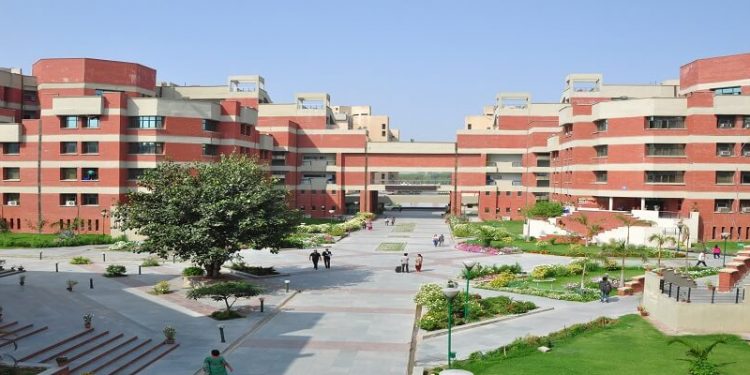New Delhi: Only one transgender candidate has applied for admission in Delhi University this year with experts attributing this dismal number to the lack of infrastructure including absence of gender neutral toilets in the varsity and the stigma attached to being identified as the third gender.
According to officials, last year there were applications from transgender aspirants but none of them enrolled for regular courses.
The varsity had introduced the ‘other’ category in its admission forms in 2015 but there have been no admissions to the regular courses under the category.
Rajesh from the Department of Adult Continuing Education and Extension said, “Around 15 transgender students had come to us with queries but they all had queries about School Of Open Learning and Indira Gandhi National Open University (IGNOU).”
“They usually prefer to enrol as male or female in regular courses or for distance learning education,” he added.
He said that they face the problem of identity.
After they are born, their families hand them over to ‘gurus’ who name them and start identifying them as a male or a female, he said.
They do not have the provision of changing their name yet as the Transgender Rights Bill is still pending.
“There is also a lack of infrastructure and facilities and the fear of stigma. There is no gender neutral toilet in the varsity,” he said.
As many as 3,67,895 candidates registered on the varsity’s admission portal till June 22, of whom 2,58,388 proceeded and made payments.
Under the newly-introduced EWS quota, 5,528 male candidates, 3,562 female candidates and one candidate from the third gender applied for admission.
Equal rights activist Harish Iyer said he will write to Delhi Chief Minister Arvind Kejriwal about the issue.
“There has to be an outreach and the onus comes on those who are included and not excluded. There has to be an assurance that they will not be teased,’ he said.
“If that one candidate seeks admission to a college of DU, the whole college, specially the teaching and non-teaching staff have to ensure that the student feels at ease and is accepted. The civil society also has to come together to address the issue,” he added.
PTI






































